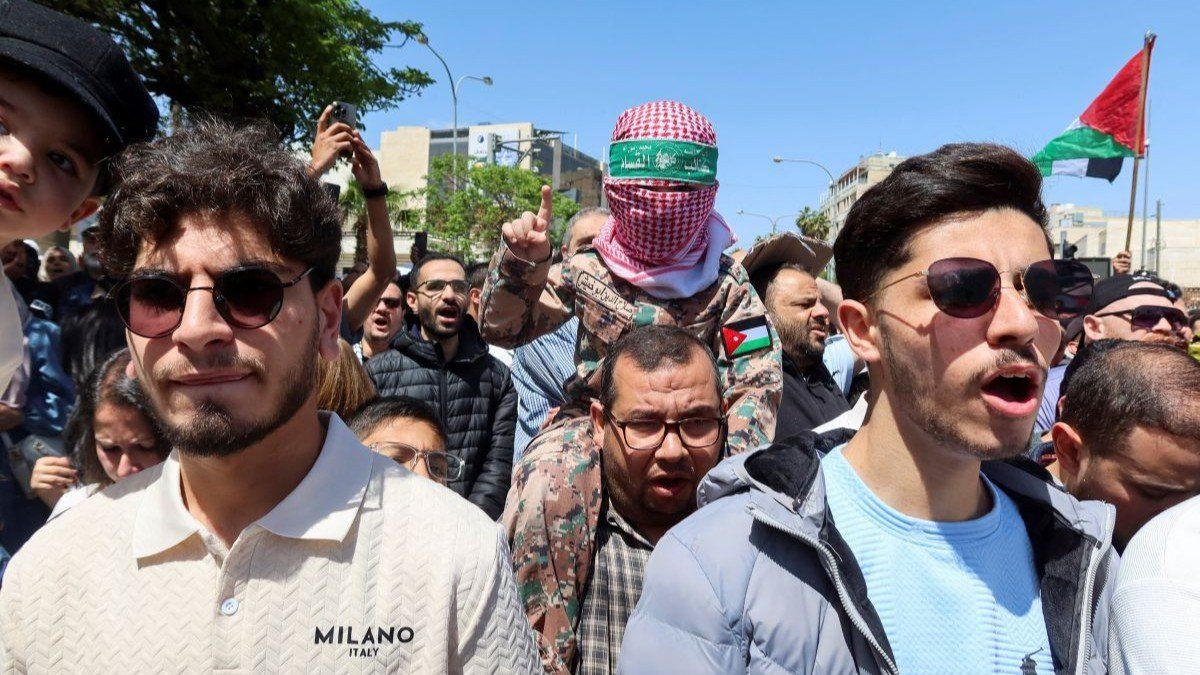Jordanian authorities announced on Wednesday the arrest of 16 people accused of planning terrorist attacks inside Jordan. The country’s security services say the suspects had been under surveillance since 2021, and half a dozen of them were reportedly members of the Muslim Brotherhood, a transnational Islamist organization.
The Brotherhood, which has links to the Islamic Action Front, the largest opposition group in Jordan’s parliament, denies any involvement, and insists that it is "committed to its peaceful approach" to Jordan’s politics.
The story highlights underlying tensions in Jordan. The monarchy is a key US ally and aid-recipient, and it made peace with Israel in 1994. But Israel’s assault on Gaza in response to Hamas’ October 7, 2023, attacks generated huge anger in Jordan, where nearly half of the country’s 11.5 million people are of Palestinian origin.
The Islamic Action Front’s ferocious criticism of both Israel and King Abdullah helped it to place first in last year’s election, though the country’s weak parliament remains dominated by pro-government parties.
The bottom line: Much media attention for Israel’s war with Hamas is focused on events in Gaza, but the conflict continues to reverberate around the Middle East. Jordan’s King Abdullah is walking a particularly fine line: how to project both stability and legitimacy as war rages across the border, and tensions run high at home.
